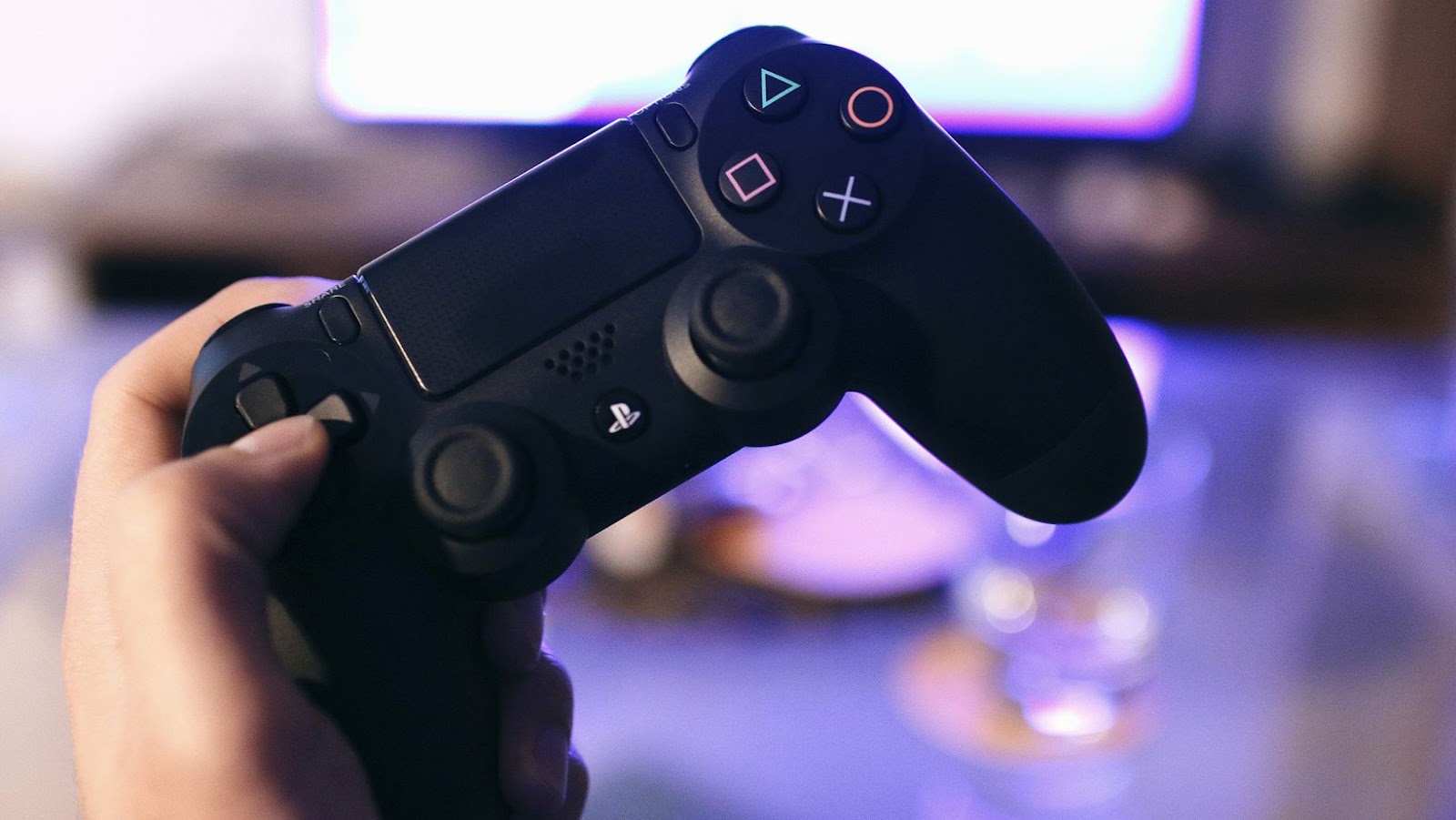 What to Look for in a Gaming PC
What to Look for in a Gaming PC
Diving into the intricacies of gaming PCs offers readers a broad view of the key elements that make a good gaming device. These range from hardware compositions, technical skillsets, to things one rarely thinks about when selecting a gaming pc. What to Look for in a Gaming PC? Fundamentally, gaming PCs function based on the harmony of four primary components: the Central Processing Unit (CPU), Graphics Processing Unit (GPU), Random Access Memory (RAM), and storage space. Consider each like gears in a clock – proficient individually, but indispensable collectively.
- The CPU functions as the PC’s brain, executing commands from the software. Examples include Intel’s Core i7, and AMD’s Ryzen 7 series.
- Think of the GPU as the brawn, responsible for rendering images, animations, and videos. Top-tier GPUs are NVIDIA’s GeForce RTX series or AMD’s Radeon RX series.
- RAM provides temporary storage to ensure smooth operation. Typical gaming setups have 16GB RAM.
- As for the storage, solid-state drives (SSDs) outperform the traditional hard drives in speed. For gaming, capacities from 500GB to 1TB usually suffice.
Yet, understanding the hardware is only half the battle. A truly optimized gaming PC involves balancing the necessary components, integral to handling complex game mechanics and eye-catching graphics that enchant gamers around the globe.
- Choosing the right CPU and GPU combination, rooted in your gaming preferences, can go a long way.
- Purchasing a pre-built setup reduces setup effort but potentially limits customization. Conversely, building your own rig encapsulates an educational experience.
- Knowing how to upgrade parts periodically ensures that your gaming PC remains in stride with technology advancements.
Increased understanding of these aspects not only improves the selection process but also fosters appreciation for the innovation compelling the gaming experience today. Ultimately, discerning what to seek in a gaming PC goes beyond just reading system requirements and making general spec comparisons.
 Importance of Hardware in a Gaming PC
Importance of Hardware in a Gaming PC
What to Look for in a Gaming PC? The gaming PC hardware plays a pivotal role in influencing the quality of gameplay. Each hardware component contributes distinctively to the performance, making it crucial to understand their respective roles.
A processor, or CPU, acts as the brain of a gaming PC, executing instructions and running programs. It handles every task aside from rendering graphics, making it integral to the speed. An Intel Core i7-9700K or AMD Ryzen 7 3700X, for example, provides speedy performance essential for today’s demanding games.
A Graphics Processing Unit (GPU) works alongside the CPU, handling the heavy lifting of creating and rendering realistic and vivid graphics. It’s what delivers crisp, detailed animations directly onto the display. For instance, Nvidia’s RTX 3080 or AMD’s RX 6800 XT power high-resolution displays and virtual reality games with ease.
Random Access Memory (RAM) allows a PC to access data quickly, enhancing a game’s performance by storing temporary data the processor may need soon. A minimum of 16GB RAM is typically required to run modern games smoothly. In contrast, Solid State Drives (SSD) augment gaming experience by hastening load times, reducing lag, and promoting quicker responsiveness. A 1TB SSD, for instance, caches more game content, improving the time it takes to load games.
 Focusing on the PC’s Build and Design
Focusing on the PC’s Build and Design
What to Look for in a Gaming PC? In the pursuit for a quality gaming PC, a gamer’s gaze fixes on two often overlooked factors: the cooling system and the aesthetic build quality. Balancing performance, functionality, and design leads to an optimal gaming experience.
As gaming PCs work hard, they generate a significant amount of heat. An efficient cooling system, therefore, becomes indispensable. Keeping the system cool prevents thermal throttling where excessive heat forces the CPU and GPU to slow down, adversely affecting gaming performance. For instance, liquid cooling systems, such as the Corsair Hydro Series H150i, allow gamers to push their PCs to the limit without overheating concerns. Adequate cooling extends the life of the components, preserving top-notch performance over long gaming sessions.
On first glance, the aesthetic appeal and build quality of a gaming PC may seem superficial. However, the design integrity plays a pivotal role in the device’s durability and upgradeability. Robust structures like those found in the Corsair iCUE 4000X RGB provide ample space for air circulation and future upgrades. Choosing a PC with high-quality materials increases longevity, while custom LED lighting and transparent casing lend a personalized flair, amplifying the overall gaming experience. The aesthetics, in tandem with performance, forge a rich and immersive gaming journey for every PC gamer.